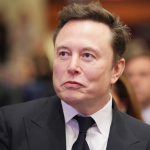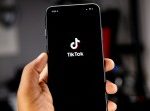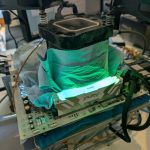Hello and welcome back to Max Q. Before we dive into this week’s news, a brief note: I’ll be experimenting with the newsletter over the coming weeks, trying out new segments and features, and I want to hear from you: What do you enjoy reading? What do you want more of? What bores you to tears? Shoot me an email with your feedback at aria.techcrunch@gmail.com. You also can catch me on Twitter at @breadfrom.
In this issue:
- Elon Musk provides an update on Starship
- OneWeb says goodbye to Soyuz
- Another landing system for the moon
- …plus a new segment — read on.
Don’t forget to sign up to get the free newsletter version of Max Q delivered to your inbox.
Companies will have another chance to compete to build a lunar lander for NASA
NASA will be giving another company a chance to send a lander to the moon. Nearly a year after the agency announced that SpaceX beat out competitors (including Blue Origin and Boeing) for the opportunity, the agency said it would be opening competition for a second lunar lander under a new contract called Sustaining Lunar Development.
NASA came under fire from both private industry and Congress when it selected SpaceX as its sole awardee for the Human Landing System (HLS) contract, the first contract for a lunar lander. Blue Origin went so far as to sue NASA in federal court. But this time around, NASA Administrator Bill Nelson said the agency was all about fostering competition.
“We think, and so does the Congress, that competition leads to better, more reliable outcomes and benefits everybody,” he said. “It benefits NASA, [it] benefits the American people. It is obvious, the benefits of competition.”
The agency will release a draft request for proposals at the end of the month, HLS program manager Lisa Watson-Morgan told reporters. That will be followed by a final request for proposals later in the spring, which will be open to all American companies besides SpaceX.
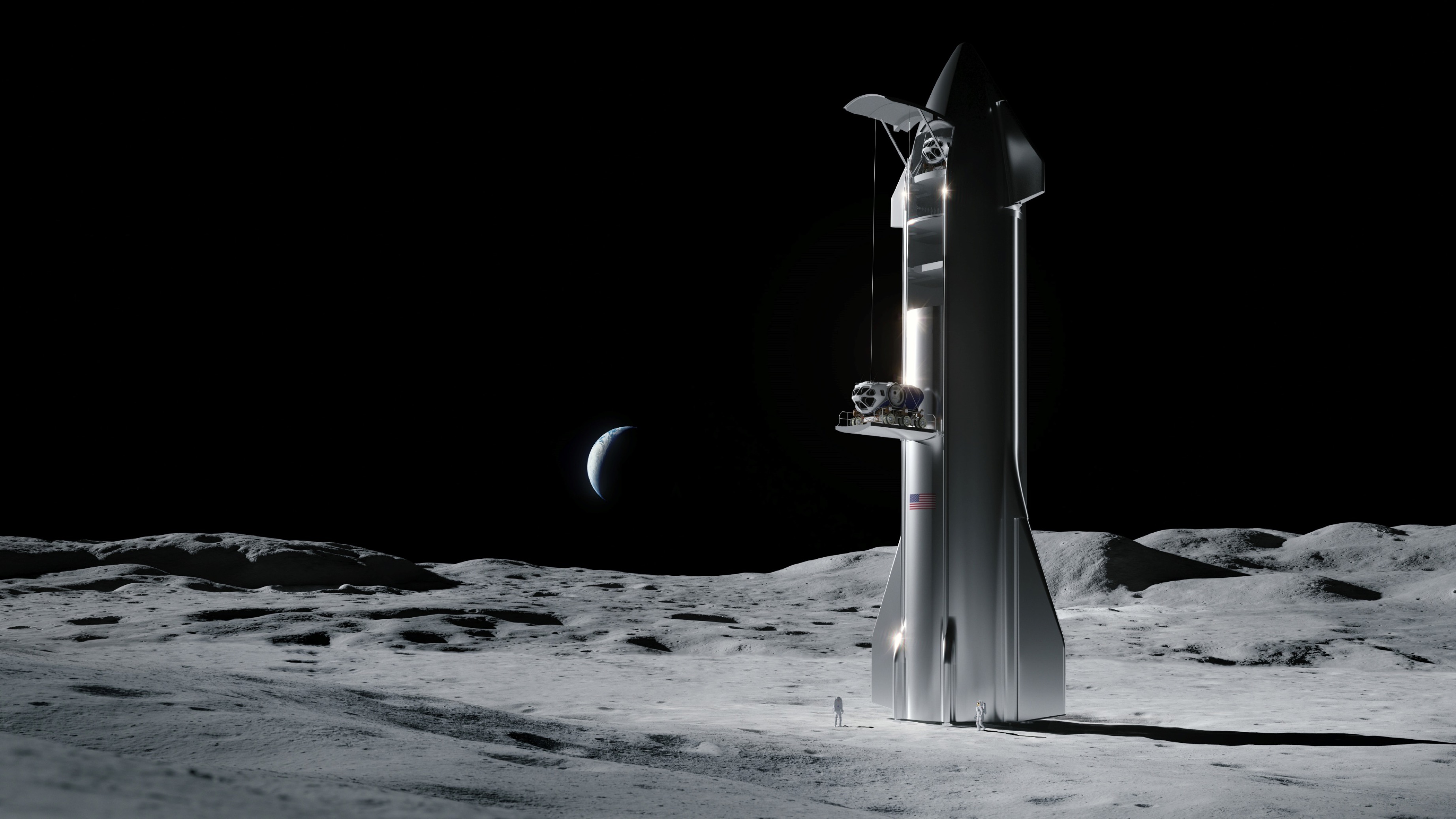
Artist’s rendering of SpaceX’s Starship and lunar lander. Image Credits: SpaceX
Will Firefly be the space sector’s latest company to go public via SPAC?
Firefly Aerospace may be heading to the public markets via a merger with a blank-check firm, a recent filing with the FCC suggests.
The small-launch startup just closed a $75 million funding round led by AE Industrial Partners. The firm acquired interest in the launch company from Noosphere Ventures, a fund run by Ukrainian entrepreneur Max Polyakov. Noosphere sold its interest in Firefly after it came under scrutiny from the Committee on Foreign Investment in the U.S.
The new FCC filing, which relates to a proposed launch of Firefly’s second Alpha rocket from Vandenberg Air Force Base in California this spring, adds that the acquisition involved “the majority of Firefly Aerospace’s equity” and was by “special purpose acquisition vehicles controlled by AE Industrial Partners.”
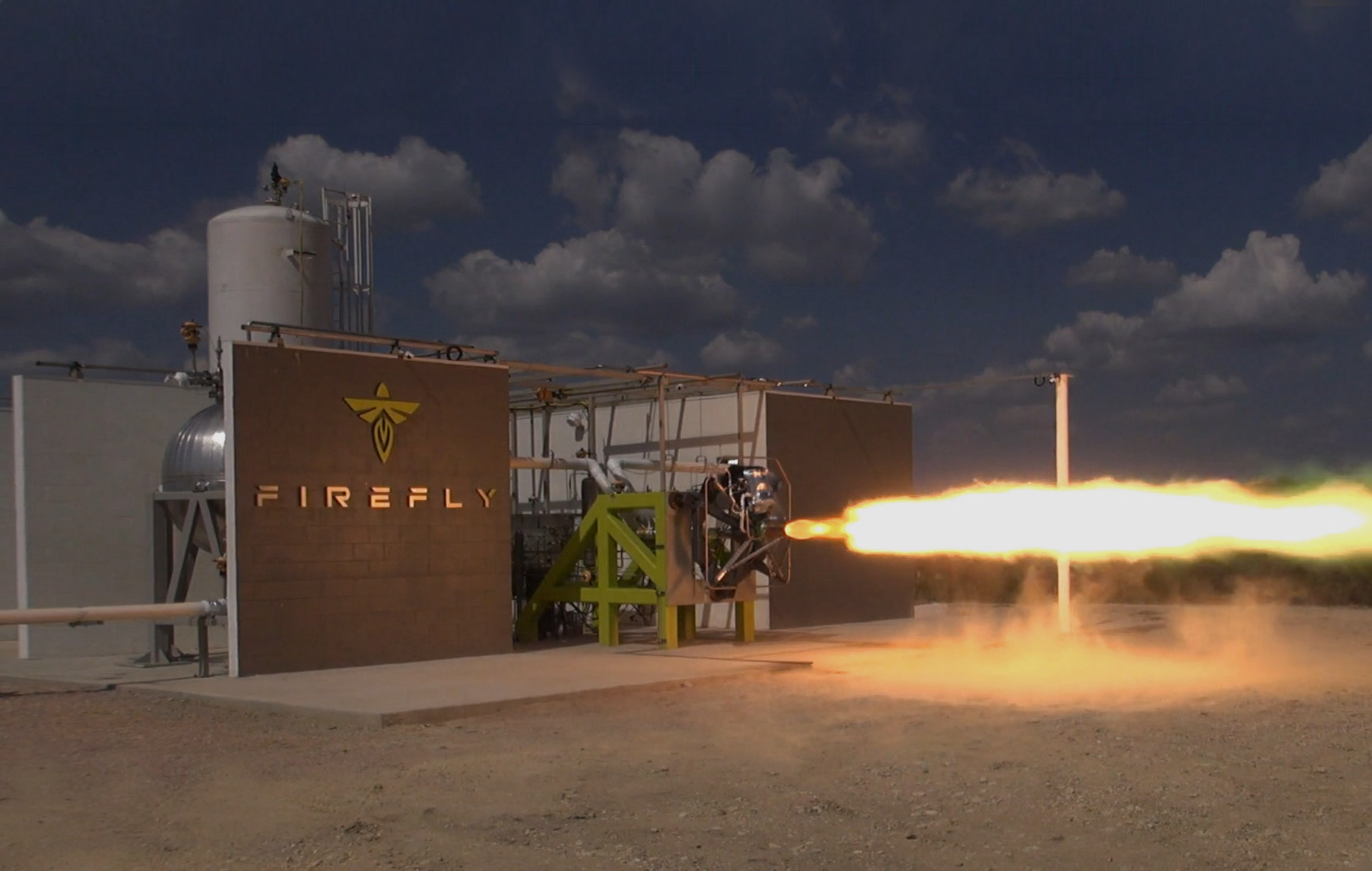
Image Credits: Firefly
SpaceX is raising prices across the board
Inflation isn’t just showing up at the gas pump. SpaceX is also raising prices for everything, from its Starlink satellite broadband service to launch.
Regarding the Starlink price jump, SpaceX cites inflation as the only reason behind the new pricing structure: “The sole purpose of these adjustments is to keep pace with rising inflation,” it wrote in an email to existing customers. The company also offered a partial refund of $200 on cancellations with hardware returns if a customer has been on the service for less than a year, or a full refund if it’s been less than 30 days.

Image Credits: Starlink
This week with…Casey Handmer

Image Credits: Casey Handmer
Casey Handmer was born and raised in Australia, where he completed undergraduate studies in mathematics and physics. Emigrating to the U.S. in 2010, he earned a PhD in theoretical physics, followed by stints at Hyperloop One and NASA Jet Propulsion Laboratory. In 2021 he founded Terraform Industries to capture atmospheric carbon and convert it into cheaper natural gas at gigaton scale.
TechCrunch: What are you working on?
Casey Handmer: Professionally, the life of a founder is never dull. A lot of work on hiring and facilities, with breaks for chemistry and calculations. When I’m not working I’m raising my two awesome children and training to join the local Search and Rescue team.
What’s something that happened in the news in the last week that you can’t stop thinking about?
NASA announced the 5,000th confirmed exoplanet. Incidentally, my wife Dr Christine Moran is the deputy manager of the NASA exoplanet program! James Webb Space Telescope will probably be able to get atmospheric spectral data from some of them. Some of these planets could be very similar to Earth! Just how clever will we be prepared to get in order to study them better in the future?
What are you looking forward to next week?
So many things! An old friend is coming to town, I’m giving a talk to some folks at ARPA-E and I think I might even get to tour a nearby power plant!
What song has been on repeat?
I alternate between the Dune film soundtrack and exceptionally late romantic French pipe organ improvisations.
More news from TC and beyond
- Blue Origin announced that it had selected a replacement passenger to take Pete Davidson’s seat on the next New Shepard mission to suborbital space: Gary Lai, chief architect of the rocket system and one of the company’s first 20 employees.
- Elon Musk said the first orbital flight test of the super-heavy reusable rocket Starship may take place from SpaceX’s sprawling launch site in Texas as soon as May. The company is still awaiting the final environmental assessment from the Federal Aviation Administration, a regulatory prerequisite before any launches take place.
- NASA has ordered 12 more missions under its Commercial Resupply Services-2 contract — six to SpaceX and six to Northrop Grumman. The two companies will provide resupply services to the ISS through 2026.
- OneWeb has signed a launch services agreement with SpaceX after announcing earlier this month that it would no longer use Russia’s legacy rocket system Soyuz. OneWeb had been using Soyuz without issue to launch all of its 428 broadband satellites currently in orbit, but the company decided to look for another launch provider after refusing to capitulate to a list of Russian demands — including that it guarantee its satellites would not be used for military purposes.
- SpaceX terminated its long-time business partnership with launch services provider Spaceflight Inc. SpaceX reportedly informed Spaceflight of the decision via text, just minutes before emailing rideshare customers. Yikes.
- United Launch Alliance aims to conduct the first flight of the Vulcan Centaur rocket sometime late this year, CEO Tory Bruno said during a panel at the SATELLITE 2022 conference. The heavy-lift rocket has been under development since 2014. (H/T to the numerous space reporters who reported from the conference live.)
- Ursa Major has completed qualification of its 5,000-pound thrust Hadley rocket engine and has started delivering engines to two customers, ArsTechnica reports. Back in December I covered the company’s Series C and spoke with founder Joe Laurienti about the company’s ambitions.

An artist’s rendering of the Vulcan. Image Credits: United Launch Alliance (opens in a new window)
Weekly listening
Found is a show about founders and company-building, featuring people actually doing the work. Each week, News Editor Darrell Etherington and Managing Editor Jordan Crook interview one early-stage startup founder about how they took the plunge to begin with, how they navigate everything from building product roadmaps to raising funding from some of the world’s top investors, and how they manage failure. This week, they chatted with Laura Crabtree, co-founder and CEO of Epsilon3. Check it out below.
Max Q is brought to you by me, Aria Alamalhodaei. If you enjoy reading Max Q, consider forwarding it to a friend.
Read more stories on TechCrunch.com
Powered by WPeMatico

